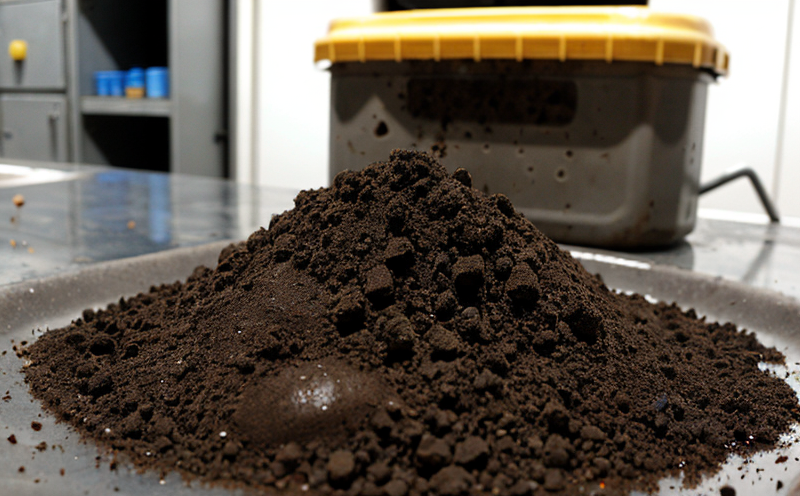ASTM D7628 Determination of Contaminants in Used Lubricants
The ASTM D7628 standard is a critical tool for quality managers and compliance officers, particularly those involved in the oil and lubricant industries. This method focuses on identifying contaminants within used lubricants, which can significantly impact equipment performance and lifespan if not addressed promptly.
ASTM D7628 provides a standardized approach to analyze various types of contaminants that may have found their way into the lubricating oils during use or storage. These contaminants include wear metals, additives, water, fuel, and other foreign substances that can degrade the oil's quality over time. By detecting these impurities early, operators can take corrective measures before they lead to costly equipment failures.
The ASTM D7628 procedure involves several key steps: sample collection, preparation, analysis using spectroscopy techniques such as Fourier Transform Infrared Spectroscopy (FTIR), and finally interpretation of results. The method is designed to be versatile enough to accommodate different types of lubricants used across various industries including automotive, industrial machinery, and aviation.
Understanding the composition of contaminants present in used oils helps maintenance teams tailor their strategies for filtration systems and other countermeasures aimed at maintaining optimal operating conditions. Regular monitoring ensures that any issues are caught early on, preventing potential disruptions to production schedules or downtime due to unexpected mechanical failures.
This testing service plays an essential role in ensuring compliance with industry regulations governing the safe use of lubricants. It also supports ongoing research and development efforts by providing detailed insights into how contaminants affect oil performance under diverse operating conditions.
Why It Matters
The importance of ASTM D7628 cannot be overstated, especially for facilities that rely heavily on machinery to operate smoothly. Contaminants such as wear metals and fuel additives can cause significant damage if left unchecked; they may accelerate the aging process of lubricants leading to premature failures of critical components like bearings or gears.
By employing this standard testing procedure, organizations ensure that their maintenance practices are up-to-date with best practices recommended by recognized bodies. This not only enhances operational efficiency but also contributes towards environmental sustainability goals by minimizing waste generation and resource consumption associated with frequent replacements of lubricants.
Benefits
- Precise Contamination Detection: Utilizing ASTM D7628 allows for accurate identification and quantification of contaminants present in used lubricants.
- Economic Savings: Early detection enables timely intervention which reduces the risk of unexpected breakdowns and associated repair costs.
- Informed Decision-Making: Reliable data provided by this test helps in making informed decisions regarding maintenance schedules, filtration systems, and equipment upgrades.
- Regulatory Compliance: Ensuring adherence to relevant standards like ASTM D7628 facilitates easier compliance with local and international regulations concerning occupational health & safety as well as environmental protection.
Eurolab Advantages
Eurolab offers comprehensive services tailored specifically around ASTM D7628, ensuring clients receive high-quality results delivered on time. Our team comprises experts who possess extensive experience in interpreting complex spectroscopic data generated from our advanced instruments.
We pride ourselves on delivering accurate and reliable reports that provide actionable insights into the condition of your lubricants. With state-of-the-art facilities equipped with cutting-edge technology, we guarantee precision measurement and analysis for every sample submitted.





